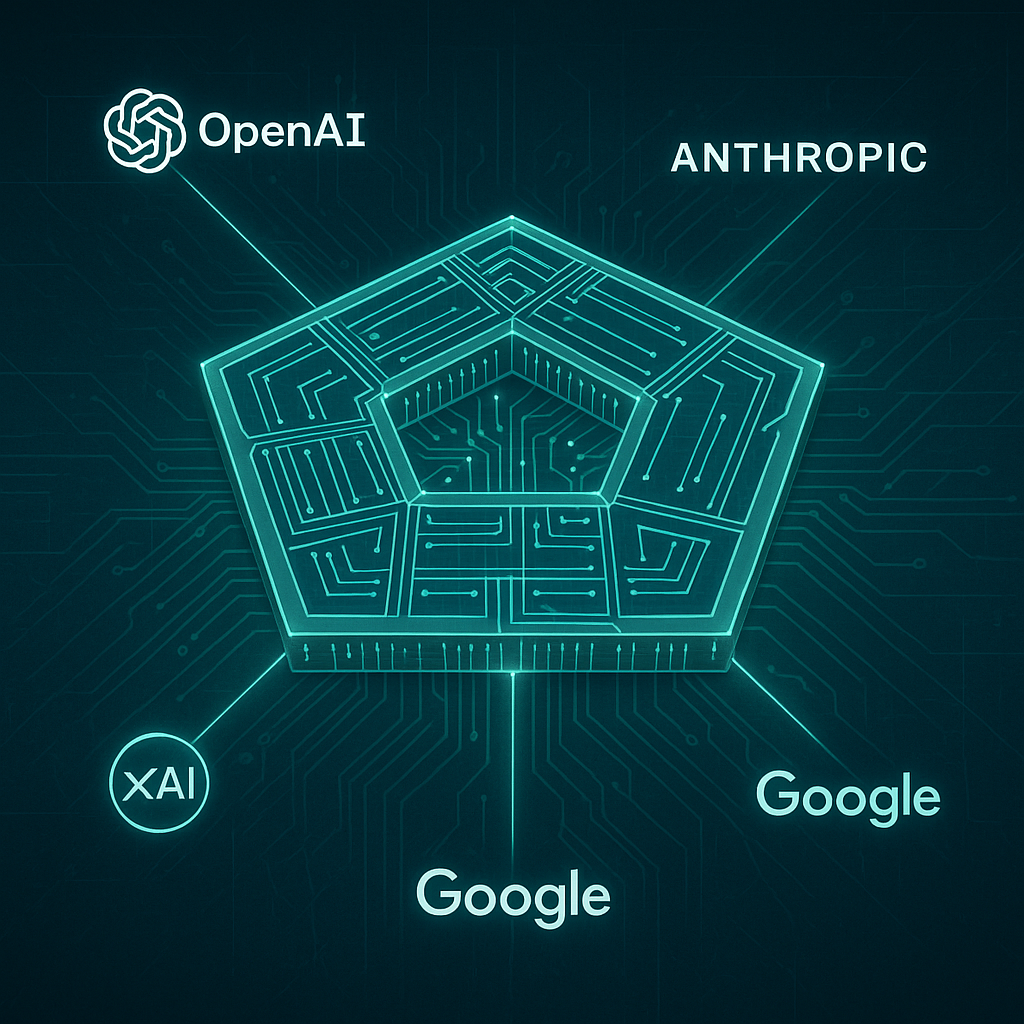Welcome to Backchannel. This is the weekend briefing for subscribers of The Closer, where we decode power plays in dealmaking, business, and influence. This week, we turn to the Pentagon’s quiet $800 million bet on Silicon Valley’s AI elite—OpenAI, Anthropic, Google, and Elon Musk’s xAI.
It’s the clearest sign yet that agentic AI is no longer just a research curiosity or enterprise buzzword. It’s now infrastructure—national security infrastructure. The U.S. Department of Defense has entered the chat, and it’s not here to test a chatbot. It wants end-to-end autonomy. If last week was about compute as the new oil, this week we’re asking: what happens when the government becomes your biggest client—and your battlefield testbed?
Heads-up: both Backchannel and the Monday Jumpstart are now subscriber-only. We’re also rolling out Negotiation Nuggets—tactical deal intel, every Tuesday to Thursday.
If you’re already a paid subscriber: thank you. You’re helping raise the bar for serious, independent deal intelligence. If not, now’s the time to join us.
And as always, feedback’s welcome—especially if it makes us sharper.
—Bradley
From Maven to JEDI: DoD’s AI Love–Hate History
The Pentagon’s romance with commercial AI has been turbulent. It began in 2017 with Project Maven, an initiative to harness machine learning for drone surveillance analysis. Maven’s promise was huge – AI algorithms to flag targets in endless video footage – but it hit a moral wall. In 2018, Google, Maven’s key partner, faced an employee revolt over “the business of war” and promptly pulled out. Thousands of Googlers protested, unwilling to let their code power lethal decisions, and Google vowed not to renew the contract. The episode exposed a culture clash: Silicon Valley’s ethos versus the DoD’s needs.









